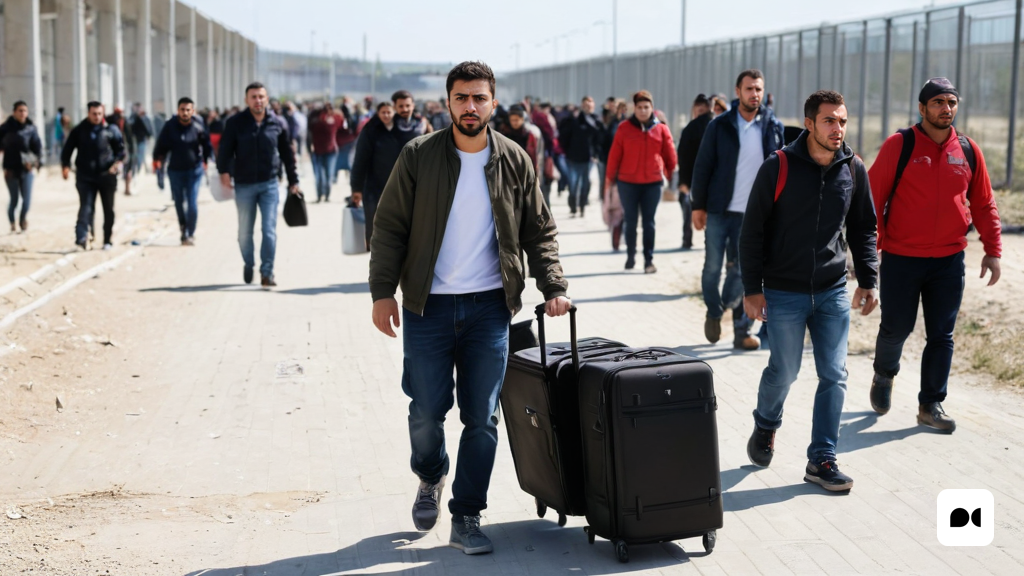Growth of Asylum Applications in the EU in 2023
During 2023, there was a significant increase in asylum applications in the European Union, approaching the levels observed during the refugee crisis of the last decade, caused by the conflict in Syria.
The number of requests for international protection in the EU experienced an increase of 20% compared to the previous year, exceeding the figure of one million people (1,048,900). This increase represents the third consecutive year of increase in asylum requests.
In parallel, the number of asylum grants also experienced growth, although at a more moderate pace, reaching a 7% increase compared to the previous year.
Asylum Grants in the EU in 2023
During 2023, the European Union granted protection to 409,485 people, compared to 383,700 the previous year. Of the total grants, 43% received refugee status, while 35% obtained subsidiary protection and 22% achieved humanitarian status, according to data published by the Eurostat statistical office.
Germany, France and Spain were the countries that granted the most protection concessions, representing 63% of the EU total. Germany led with 151,505 concessions (37%), followed by France with 55,220 (13%) and Spain with 52,950 (13%).
Nationalities and Grounds for Protection
A third of people protected in the EU during 2023 were Syrians, followed by Afghans (18%) and Venezuelans (10%). These same nationalities also topped the list of applicants for protection in the EU, followed by Turks, Venezuelans and Colombians.
Concession Conditions and Legislation
The increase in arrivals of people from third countries to the EU has influenced the tightening of the conditions for granting asylum, as reflected in the recently reached Migration Pact. This pact allows governments to pay for rejecting refugees and establishes stricter conditions for waiting and resolving cases at the borders, including the possibility of rapid deportations.
In addition, a pre-entry control procedure has been implemented that includes identification using fingerprints and facial data through biometric systems, even for children from six years old. The registration of people considered a threat to security, violent or illegal carriers of weapons is also contemplated.




